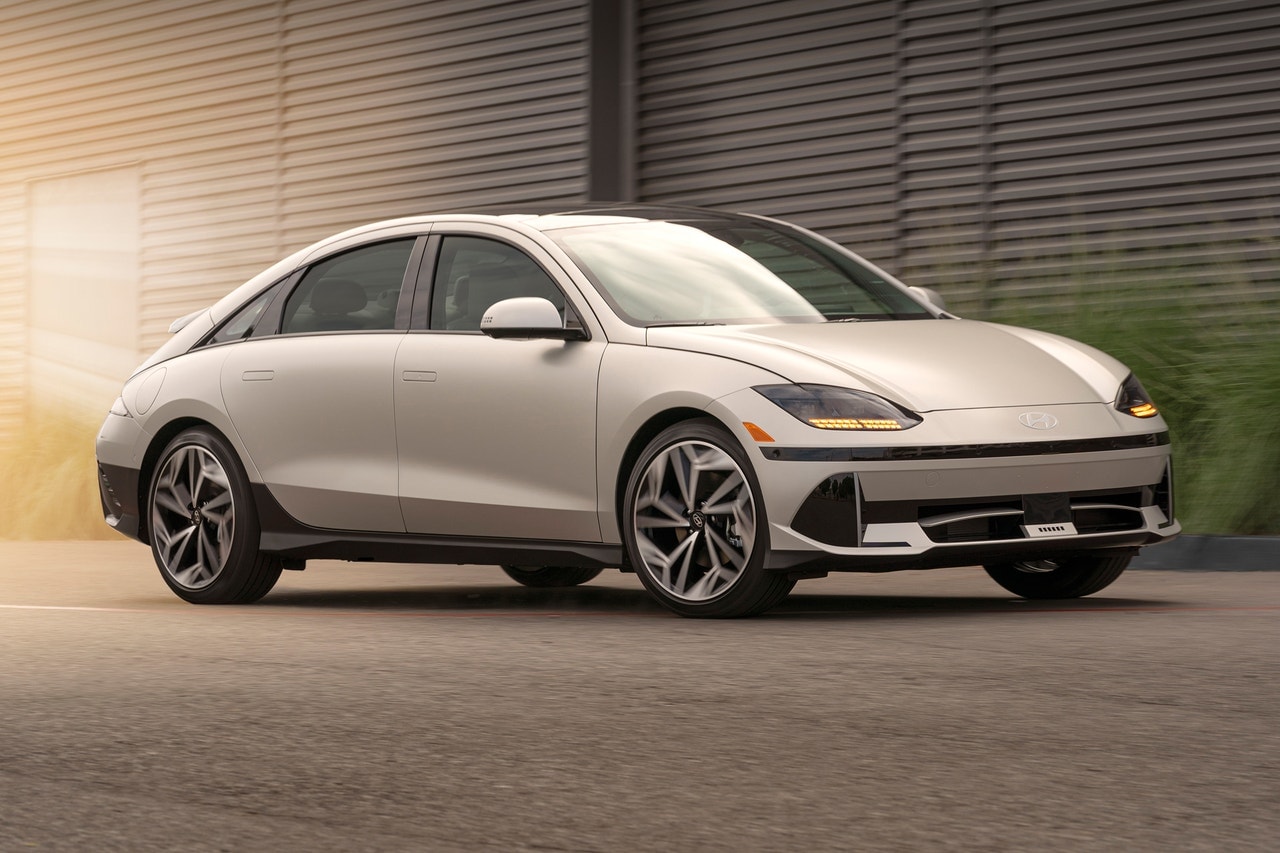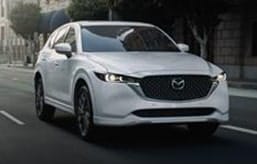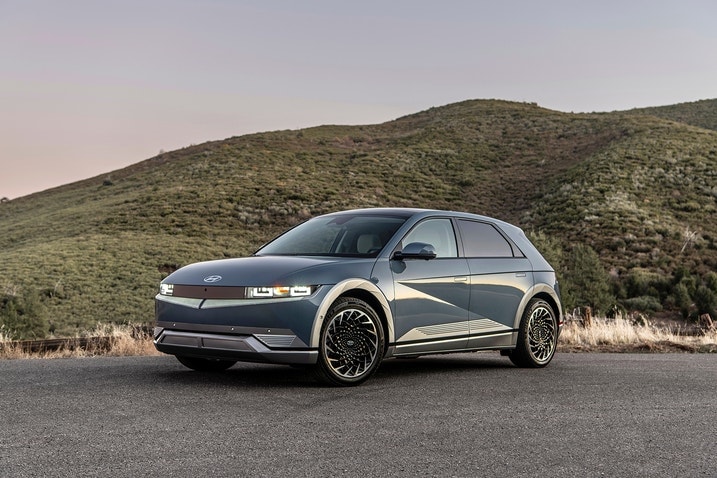- Six dealers say Hyundai punished them for refusing to game sales figures for popular EVs.
- The lawsuit accuses Hyundai of telling dealers to mark unsold vehicles as sold in exchange for discounts and rewards.
- Dealers that didn't were supposedly punished with allocations of slow-selling vehicles and denied wholesale price discounts.
UPDATED: Lawsuit Accuses Hyundai of Faking Electric Car Sales
The manufacturer allegedly offered some dealers rewards for participating
UPDATED: After the publication of this story, a Hyundai spokesperson reached out and offered a comment in response. The statement follows:
"Hyundai is aware of the new case that was filed after Mr. Edward F. Napleton recently contacted us in advance to discuss. We do not condone any intentional falsification of sales reporting data and have launched an immediate investigation. We intend to take any and all corrective and remedial actions required based on that investigation.
"We asked that the Napleton organization pause the filing of this lawsuit pending the completion of our internal investigation. They chose, instead, to file the lawsuit after we made it clear that we would not agree to withdraw from our litigation against the Napleton organization in South Florida. In that litigation, Hyundai sought to terminate Napleton’s two West Palm Beach stores after executive Edward W. Napleton was widely reported to have been involved in a heinous sexual assault against another Napleton organization employee and he was charged with a violation of the Florida criminal code described as Sexual Battery of a Helpless Person. The Napleton organization refused to place Edward W. Napleton on leave or, we contend, fully investigate the allegations. Mr. Napleton ultimately entered into a best-interest guilty plea to felony battery. Hyundai contended that the reporting of the incident, the arrest, the plea, and the Napleton organization’s public support for Mr. Napleton damaged Hyundai’s reputation, and the federal district court in Fort Pierce, Florida, ultimately agreed with Hyundai and entered summary judgment on the termination claims against both dealership stores. The Napleton dealerships have appealed that decision to the Eleventh Circuit Court of Appeals. We intend to vigorously defend ourselves against the claims made by the Napleton organization in this new case and to continue to litigate the termination claims to conclusion."
On July 5, a group of six Hyundai dealers filed a lawsuit against Hyundai, alleging the automaker pushed dealers to fake sales numbers for electric vehicles like the Ioniq 5. The suit, Napleton Aurora Imports Inc et al v. Hyundai Motor America Corp, claims Hyundai told dealers to “falsely report unsold vehicles as ‘sold’ to a retail customer or placed into loaner service, only to reverse the ‘sale’ the following month.” The suit, filed by Napleton Aurora Imports Inc. and other Hyundai franchises, also alleges that one request for a dealer to do so was caught on tape, with a district sales manager saying, “We gotta hit a number for the press and for the Koreans.”
In exchange for the gaming of sales figures, the suit alleges Hyundai would reward dealers with “unlawful” price discounts and allocations of popular models, as well as discount coupons to give customers, among other benefits. Inversely, the suit alleges, dealers who refused were denied these benefits.
“On the backs of these false sales, [Hyundai Motor America] has issued press release after press release touting its increased year-over-year sales and its growth in the electric vehicle (EV) sector. Dealers who refuse to help HMA boost its fake numbers — like Napleton — are punished with allocations of slow-selling vehicles, and denied wholesale price discounts, allocation, and retail price discounts to offer consumers, stifling competition and harming both Napleton and the public,” the filing reads.
Am I Ready for an EV?
- EV ownership works best if you can charge (240V) at home or at work
- If you can’t charge at home, charging at a charging station could take at least 10x longer than at a gas station
- Adding a 240V home charging system could cost up to $1,600 or more
Hyundai’s Q2 sales report shows significant increases in sales for its all-electric models. The automaker claims that “pure EV total sales climbed 15%.” Individual sales for some of its all-electric models, like the Ioniq 5 and Ioniq 6, skyrocketed. The Ioniq 5 has seen a 37% year-to-date increase, whereas sales of the Ioniq 6 jump 113% over the same period. The dealers have asked for unspecified damages.
Edmunds says
Hyundai’s cushy EV sales figures look much more suspect with a lawsuit that claims they were gamed. It could be further bad news for automakers and EV advocates already reeling from reports that electric car sales growth is slowing.




 by
by  edited by
edited by